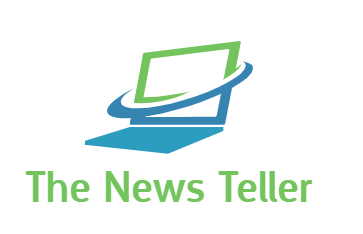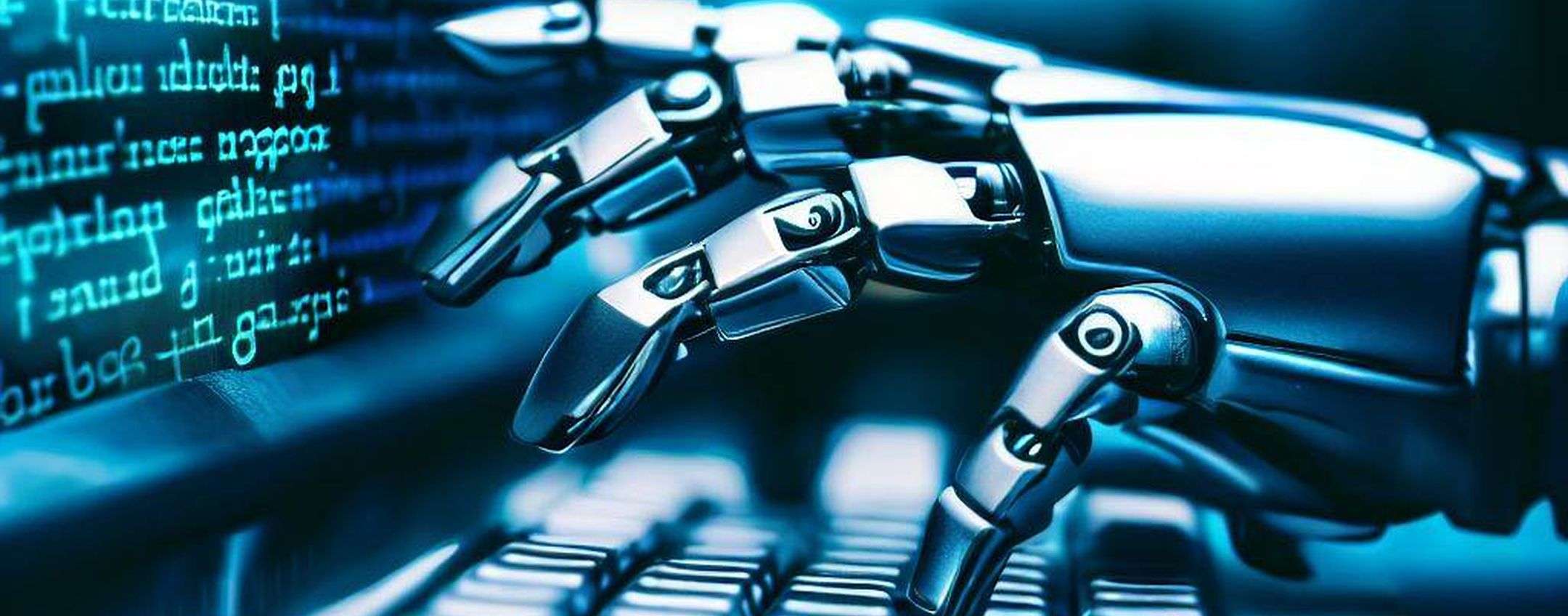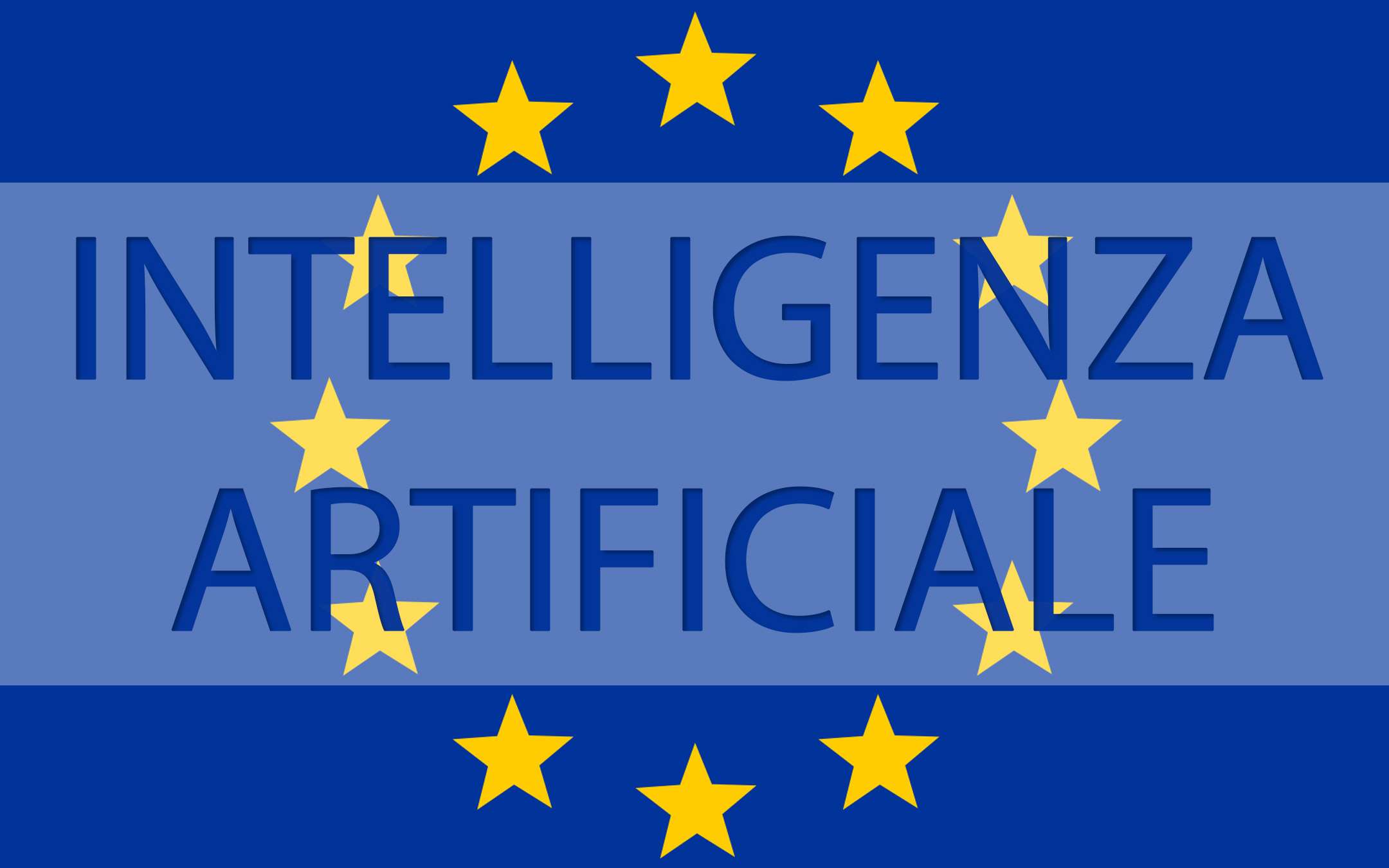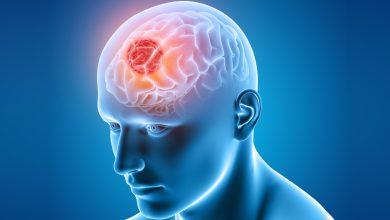What is the impact of artificial intelligence on the world of work?
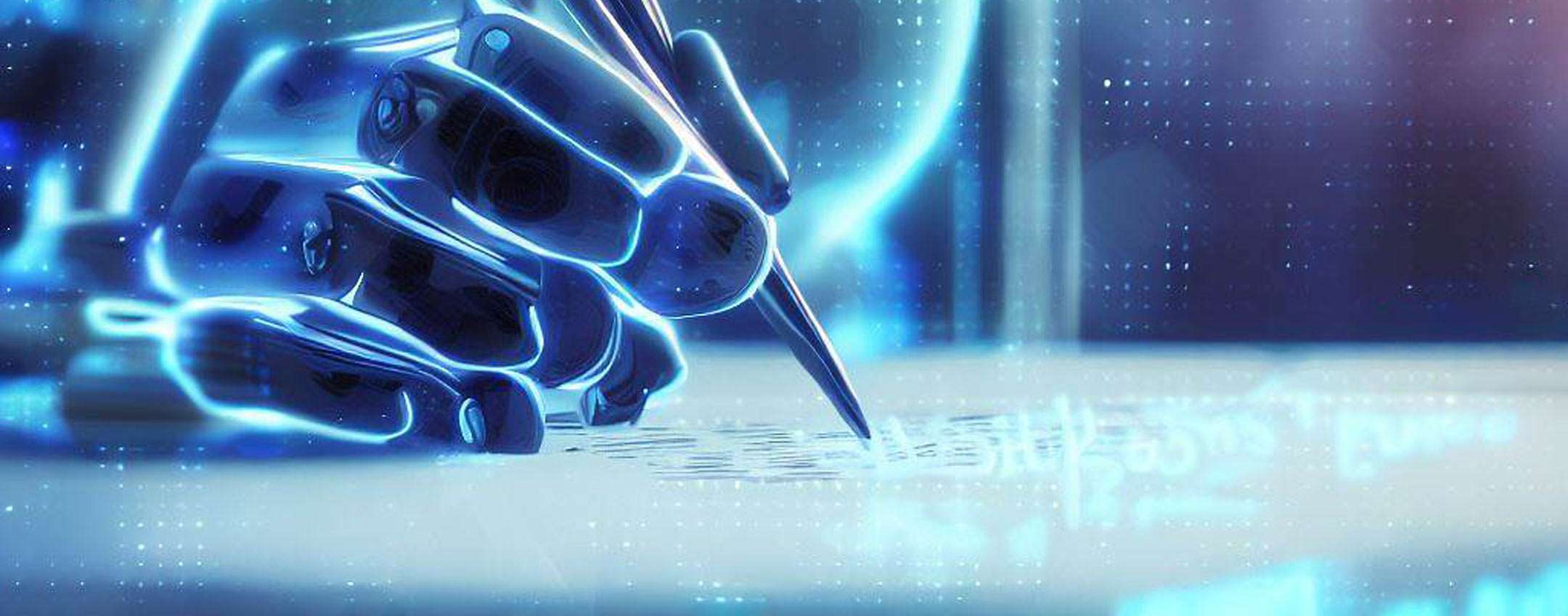
with a boomartificial intelligence At the global level, the number of studies trying to find out which jobs are destined to disappear, or to justify progress by highlighting the increase in employment in Italy – and not only – in the technology sector for roles closely linked to artificial intelligence and algorithms, has increased. However, the primary concern remains: What is the impact of artificial intelligence on the world of work? The debate has been going on for years but the most important answers are yet to be given, and perhaps given the continued development of this technology, will not arrive until the impact is really felt.
Promising technology, but…
So far we’ve all understood it, even those AI detractors: Artificial intelligence can really revolutionize our lives, radically changing everyday life in both private and public environments, from our homes to offices, passing through factories and stores. With its explosion, ChatGPT relaunched the sector, convincing corporate giants such as Microsoft, Google, Amazon and Meta to reallocate hundreds of millions of dollars, as well as human resources, in order to develop proprietary tools capable of supporting workers in any job, or in providing entertainment to the most vulnerable. Interesting with this technology.
The audience is already divided into two halves: on the one hand, there are the most consistent proponents of artificial intelligence, in terms of their goodness, their capabilities, and their usefulness; On the other hand, concern for the future of humanity is dominant, amid uncertainty about the actual capabilities of the most advanced systems, and concerns about the lives of future generations. Will humans still be able to control AI even when it is integrated into all the services that the population uses on a daily basis?
However, at the same time, both sides are almost forced to admit it The benefits are really temptingAI can perform statistical calculations faster and more efficiently, make estimates for different markets, or make manual jobs that can lead to factory deaths easier and safer. In short, the path to follow is already clear: AI can accompany humans on multiple activities, facilitating their completion, increasing productivity, and ensuring superior well-being.
However, it appears that some companies are already eyeing one A complete replacement for a man.
… Is it dangerous for humans?
The first tangible signs have already arrived: in the past few days, various business realities have laid off part of the workforce due to the global economic crisis, but including “They may be equipped with advanced artificial intelligence systemsWant some examples? At the end of April 2023, Dropbox fired 500 employees, saying that artificial intelligence required a “Different mix of skills” In view of the greater integration in the services provided by the file hosting platform.
Or again, IBM removed 7,800 job postings stating that these tasks could be completed by AI or others Automated systems Less complicated. Among the words of CEO Arvind Krishna are:
“[nelle funzioni back-office] We can easily see 30% [del personale umano] It was replaced by artificial intelligence and automation over a period of five years.”
Recently added to the list Shopifya huge e-commerce company that has laid off 20% of its employees, adding that “Shopify is fortunate to be among the companies with the best opportunity to use AI to help customers”.
Therefore, it is evident that some companies are willing to exploit AI wherever possible. However, we must not panic over layoffsBecause the data speaks for itself: as simpler tasks disappear, so do more challenging tasks that require specialized personnel. Ergo, new jobs are being created all over the world.
What’s more, the Lack of empathy and understanding The human experience of current AI systems renders them unusable in many industries, where a purely human relationship can determine the success or failure of a business.
The frontiers of artificial intelligence will protect us
Thus, artificial intelligence refers to a series of limits, of “natural” blocks, which can only be overcome by training new models, at the moment they are also excluded by the tech giants because it is necessary first of all to reach common ground, at the same level. After arriving at the status quo, it will be necessary to discuss the ethics of AI, and the walls within which they can operate so that humans feel protected.
According to new surveys in Italy, 34% of companies already have an AI general manager, whileEuropean Unionthe United kingdom they United State They continue to work on useful investments and policy projects to enhance cooperation and share information on AI-related initiatives. Only in this way, with constant dialogue between lawmakers and developers, can AI be controlled in any way, protecting employers and workers, and preventing illegal or dangerous use of humankind.
The formation of dedicated task forces at the national and international levels is a first step in this direction, but it may not be enough. We need more round tables, and more discussions Cautious approachTowards integrating artificial intelligence capabilities with human intelligence, and avoiding direct competition. In this way, as predicted by analysts and institutions, a shift in work will occur in the coming years with more jobs being created than those lost. In short, the “request statement” should be: Integration, not substitution.

“Bacon trailblazer. Certified coffee maven. Zombie lover. Tv specialist. Freelance communicator.”
